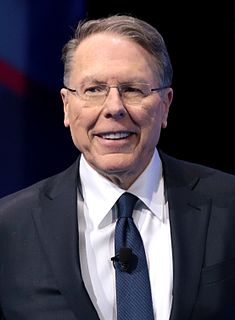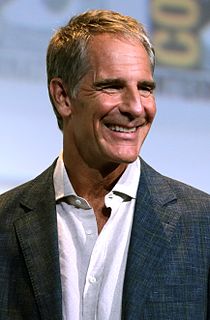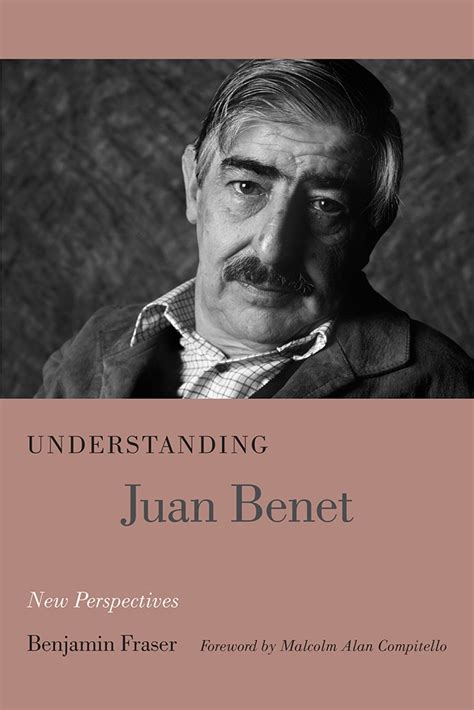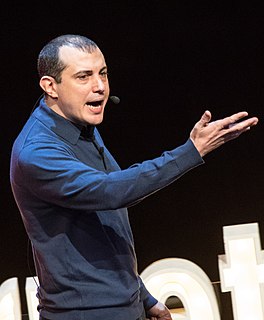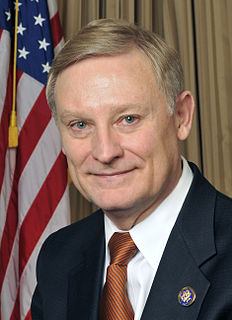A Quote by Peter Sunde
The Internet is a decentralized network with unlimited sources of creativity.
Quote Topics
Related Quotes
Bitcoin is a peer-to-peer, decentralized form of money, as durable as the Internet itself. Remember, the Internet - or DARPA, as it was originally called - was created as a fail-safe, global network with no 'single point of failure.' If one part goes down, data takes another route, and nothing is lost.
For Americans, with the advent of the U.S. invention of the Internet, free speech is not just open dissemination of ideas and information. It includes limitless instant access to those ideas and the ability to choose and search from among virtually unlimited sources. It is also the backbone of free enterprise and a vibrant global economy.
When we talk about computer network exploitation, computer network attack, we're not just talking about your home PC. We're talking about your cell phone, and we're also talking about internet routers themselves. The NSA is attacking the critical infrastructure of the internet to try to take ownership of it. They hack the routers that connect nations to the internet itself.
We have to ensure free and open exchange of information. That starts with an open internet. I will take a backseat to no one in my commitment to network neutrality. Because once providers start to privilege some applications or websites over others then the smaller voices get squeezed out and we all lose. The internet is perhaps the most open network in history, and we have to keep it that way.



